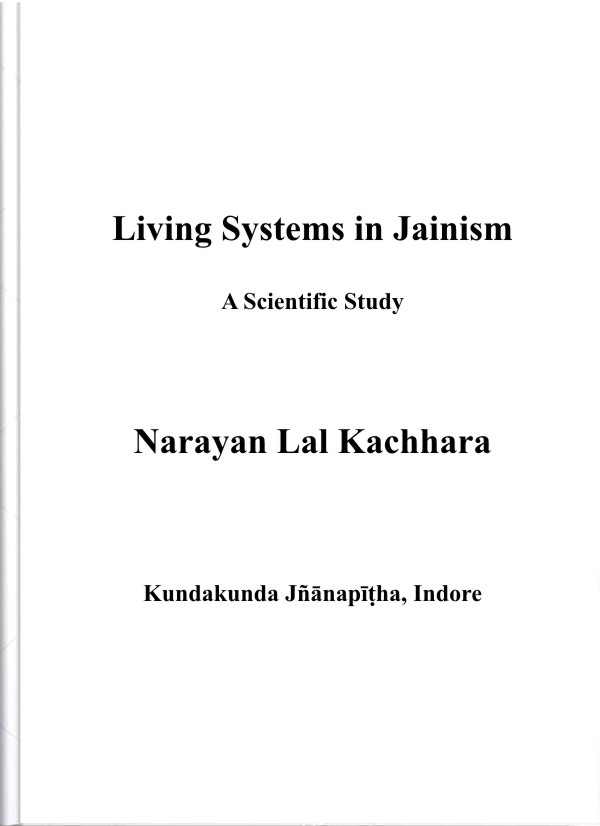The term kevala implies independence from all sorts of aids. Thus, kevalajnana is distinct from those types of knowledge that are determined by the destruction-cum-subsidence of karma. Perfect knowledge is not identical to clairvoyance and mind-reading. Rather, omniscience directly cognizes all substances, material and non-material, with all their modes, at all places and in all times; nothing is unknown to the Omniscient. It is a pure and perfect knowledge. The knowledge possessed by a perfect soul would consist of the knowledge of all that which its own nature is capable of revealing; it would, to a very large extent, not only be the knowledge of things that actually exist, but also the forms of all things that are possible. No details are superfluous or redundant for omniscience. Another characteristic of omniscience is that the omniscient being must comprehend all things simultaneously. When the soul possesses the capacity of knowing everything, it must know all things simultaneously: for there is nothing to obstruct such a function of the soul. Like a mirror, it must reflect all that comes into its range. Hence omniscience must mean the simultaneous knowledge of all that is knowable in the world.
The experience, consequent upon the destruction-cum-subsidence of intelligence-obscuring karma, of a person with perverted faith (mithyatva) is called nescience (ajnana) on account of its association with the perversion. The types of nescience are three in number: the perverted forms of perceptual cognition, articulate knowledge and clairvoyance. The remaining two varieties of knowledge, viz. mind-reading and pure and perfect knowledge, can be possessed only by a person of right faith. As such, these two are necessarily varieties of knowledge and not nescience.
Intuition, non-conceptual and indeterminate consciousness, is possible in the case of ocular and non-ocular cognitions as well as in the case of clairvoyance and omniscience. Indeterminate cognition by the eye is called ocular intuition. Indeterminate cognition by the other sense organs or the mind is called non-ocular intuition. Such cognition in the case of clairvoyance is known as avadhidarshana and in the case of omniscience is known as kavaladarshana. The cognition of mental modes has no darshana because it never cognizes the general features of perception. Mati, sruti, avadhi and manahparyayajnana are of the ksayopashamic type and kevalajnana is of the ksayika type.
 Dr. N.L. Kachhara
Dr. N.L. Kachhara
